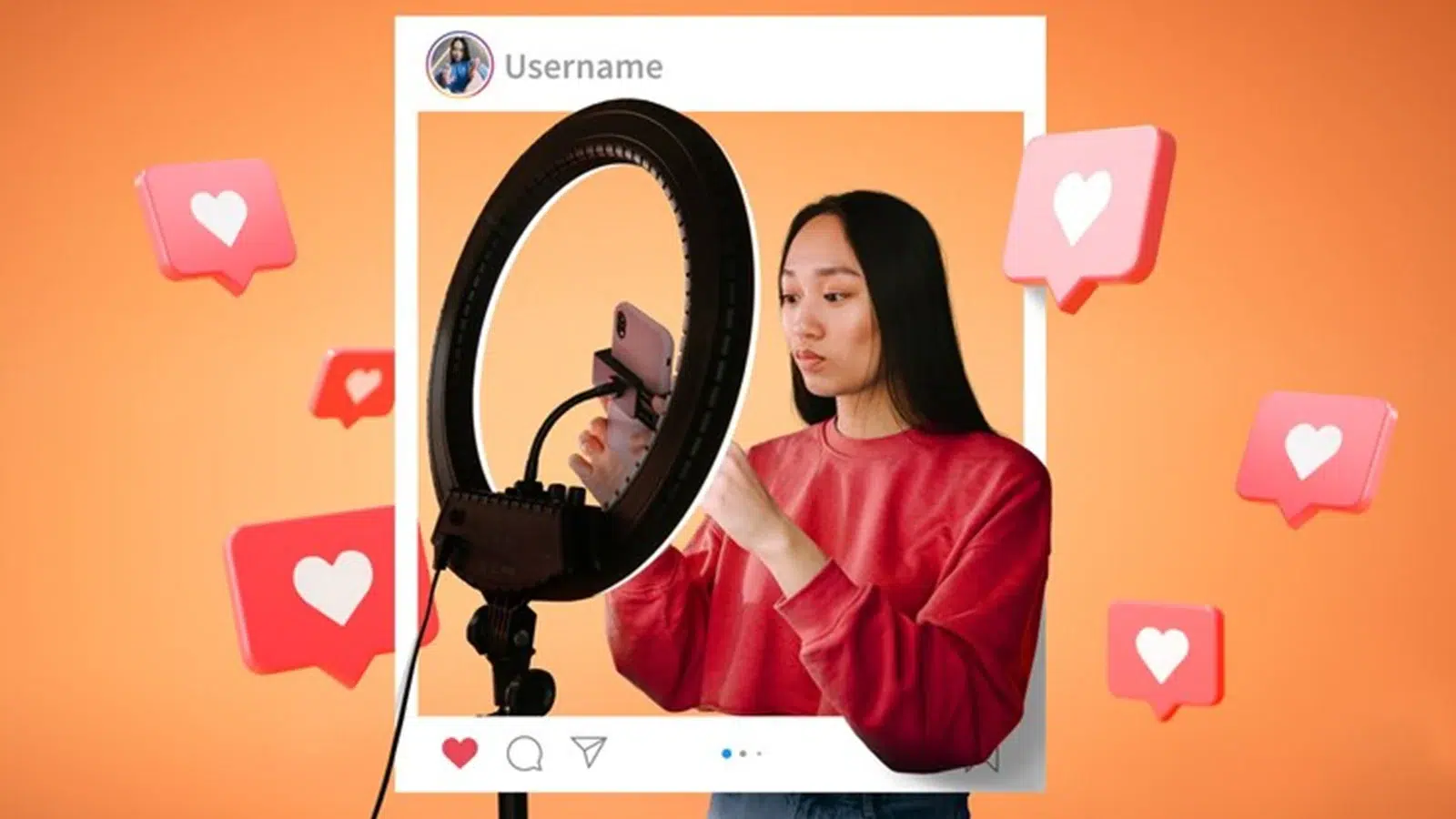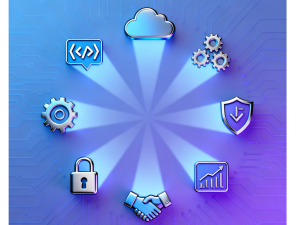Once upon a time, educational guidance came from teachers, school counselors, or institutional websites. In 2025, many students turn to someone else: their peers.
On TikTok, YouTube, and Instagram, student content creators are walking followers through study routines, reviewing online courses, comparing bootcamps, and breaking down complex tools like Notion, ChatGPT, or Excel macros.
It’s not just entertainment, it’s becoming a new kind of education.
Who Are These Student Influencers?
They’re college students. Bootcamp grads. High schoolers with a passion for productivity. What makes them stand out is relatability. These aren’t polished corporate voices, they’re people navigating the same exams, apps, and anxieties as their followers.
Whether they’re demoing their flashcard method or ranking the best certification programs, these creators offer something traditional institutions often struggle with: trust.
Why Peer-Led Learning Works
Here’s why student-created educational content is gaining traction:
- Authenticity over authority
Students want advice from people who’ve “been there.” It’s easier to trust a study hack from someone who just passed the same exam than from a faceless brand. - Bite-sized and visual
Creators turn dense topics into 60-second breakdowns, visual explainers, or step-by-step threads—perfect for short attention spans and mobile-first learners. - Social proof
When a creator shares how they got a remote internship or passed a cloud cert using free online tools, it demystifies the process and motivates others to follow.
Platforms Powering the Trend
- TikTok – Short, digestible content like “study with me” routines, productivity hacks, and course walkthroughs are wildly popular under hashtags like #StudyTok and #StudentLife.
- YouTube – Longform content lives here. Creators deep-dive into day-in-the-life vlogs, software tutorials, and honest reviews of degrees vs. bootcamps.
- Instagram – A mix of motivational content, aesthetic notes, and carousel explainers, often built around academic planning or wellness strategies.
- Reddit & Discord – While not “influencer” platforms per se, these community-driven spaces support ongoing conversations sparked by student creators.
What Students Are Saying
- “I found out about the cert I’m studying for from a YouTuber who broke down its ROI.”
- “A girl on TikTok explained time-blocking better than any tutorial I’ve seen.”
- “I joined a study Discord linked in a reel, it’s now my go-to for accountability.”
Student creators don’t just post, they build ecosystems: Discord servers, Notion templates, live Q&As, even mentorship groups.
Risks and Realities
Of course, not all peer content is vetted. Some creators oversimplify complex topics or promote paid tools without disclosure. There’s also the risk of misinformation, especially around career paths or credential value.
That’s why critical thinking and institutional collaboration matters.
What Schools and Platforms Can Learn
Instead of competing with student creators, forward-thinking educators are partnering with them or building similar experiences. Here’s what that looks like:
- Creator-in-residence programs – Universities invite students to co-create learning content or help run academic social media channels.
- Peer-led learning hubs – Built into LMS platforms or external apps, where students can upvote helpful resources or post walkthroughs.
- Curated content feeds – Featuring trusted creators alongside official course material, offering a blended experience.
By recognizing creators as collaborators, institutions can bridge the gap between formal and informal learning.
Final Thoughts: The New Class of Educators
In 2025, being an educator doesn’t always require a podium. It might mean a camera, a ring light, and the courage to share your screen.
Student influencers are filling a trust gap in education not replacing teachers, but expanding the conversation. They’re proof that when students take charge of how learning looks, it becomes more relevant, more accessible, and more human.
And for today’s learners, that’s the kind of guidance that sticks.





